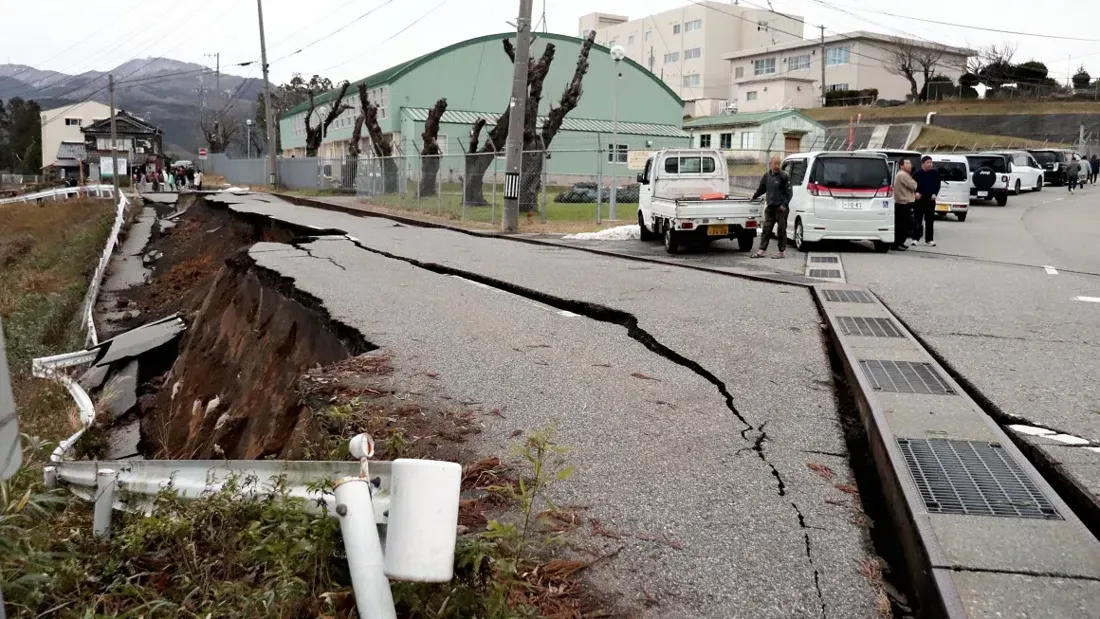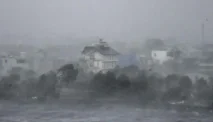Meanwhile, Wawan Supriyanto, an Indonesian citizen living in Kahoku City in Ishikawa Prefecture, felt the earthquake shock while shopping at a home appliance store. This 41-year-old man said the earthquake shock caused the steel framework in the store to collapse.
Kahoku is about 1.5 hours drive from the city of Noto. He said he had only lived in Ishikawa for five years before he felt an earthquake of that magnitude.
“Very shocked… Just today I felt a pretty strong earthquake, I’m used to it, but why is it getting louder and scarier,” Wawan said.
“The building was designed for us to stay there and it was so big that the metal fell down on top of me. Everything fell,” he said.
Wawan said the Japanese government issued a tsunami warning via email after the earthquake, so he and his family decided not to return to the apartment and moved to higher ground and away from the beach. He said his apartment was near the beach, so the risk was high.
“We didn’t dare go back to the apartment because it happened to be close to the beach and we received an email warning from the city council that we should evacuate. Don’t go back to the apartment,” he said.
The Indonesian Ministry of Foreign Affairs is working with the Indonesian Embassy in Tokyo and the Indonesian Consulate General in Osaka to assess the impact of the earthquake and tsunami in Japan. Coordinator of the Information, Social and Cultural Function of the Indonesian Embassy in Tokyo, Meinarti Fauzie, said that there are 1,315 Indonesian citizens in Ishikawa Prefecture, 1,344 in Toyama Prefecture and 1,132 Indonesian citizens in Niigata Prefecture.
The Indonesian Embassy in Tokyo and the Indonesian Consulate General in Osaka have appealed to Indonesian citizens to remain vigilant in the face of aftershocks and tsunamis and to always monitor information and instructions from local authorities.
“The tsunami warning along the west coast of Japan was only lifted this evening Japan time,” Meinarti said.






